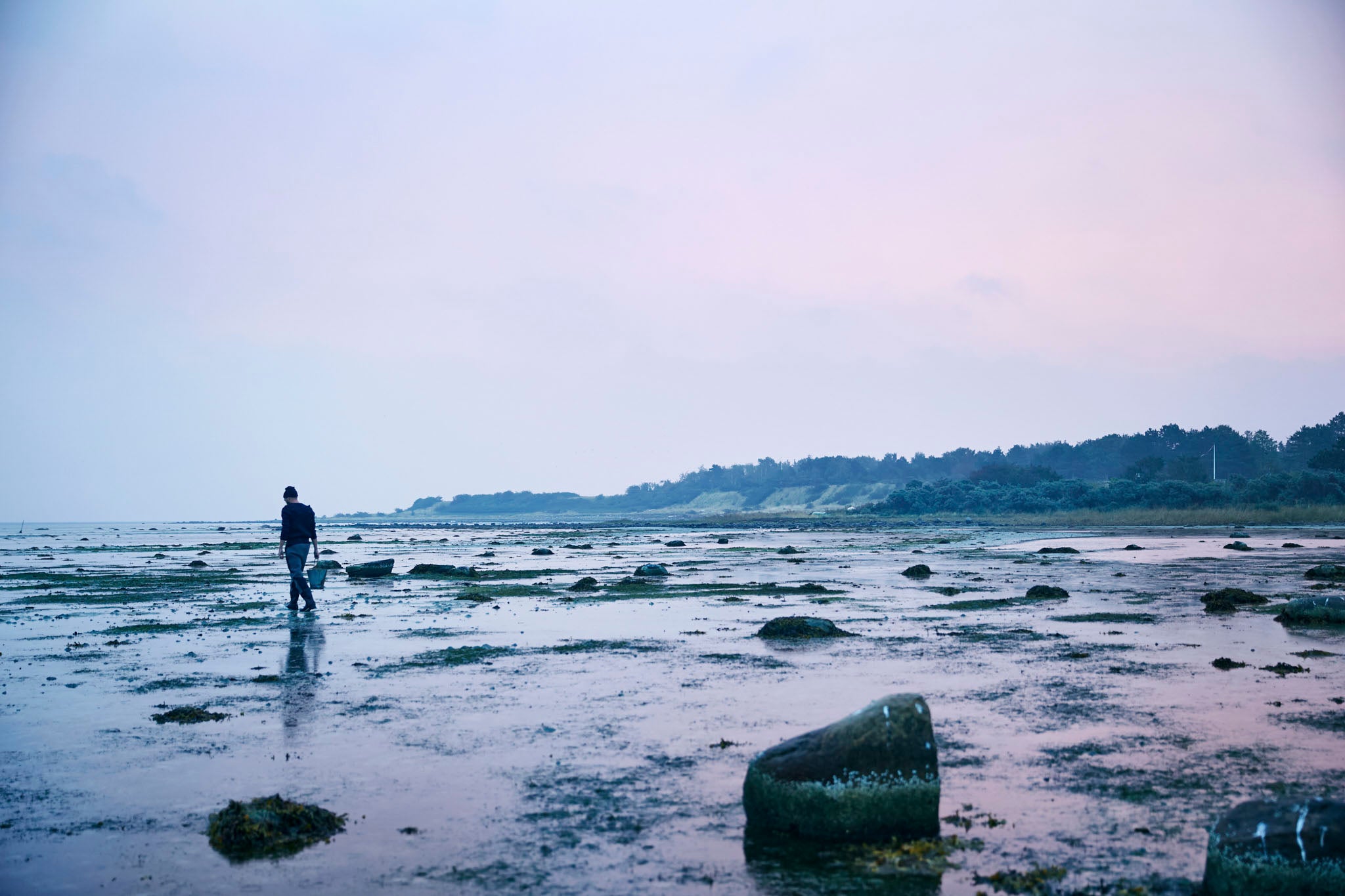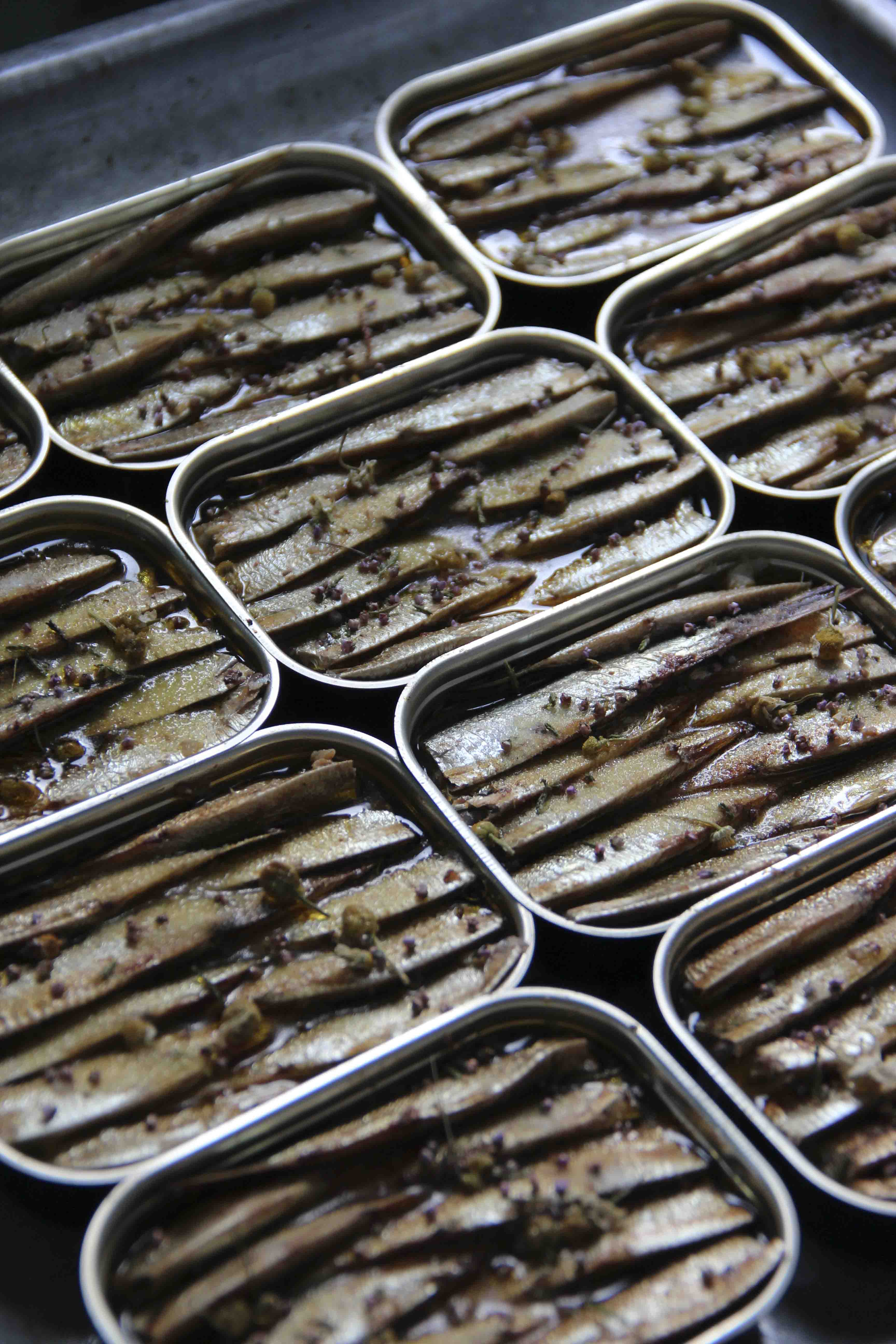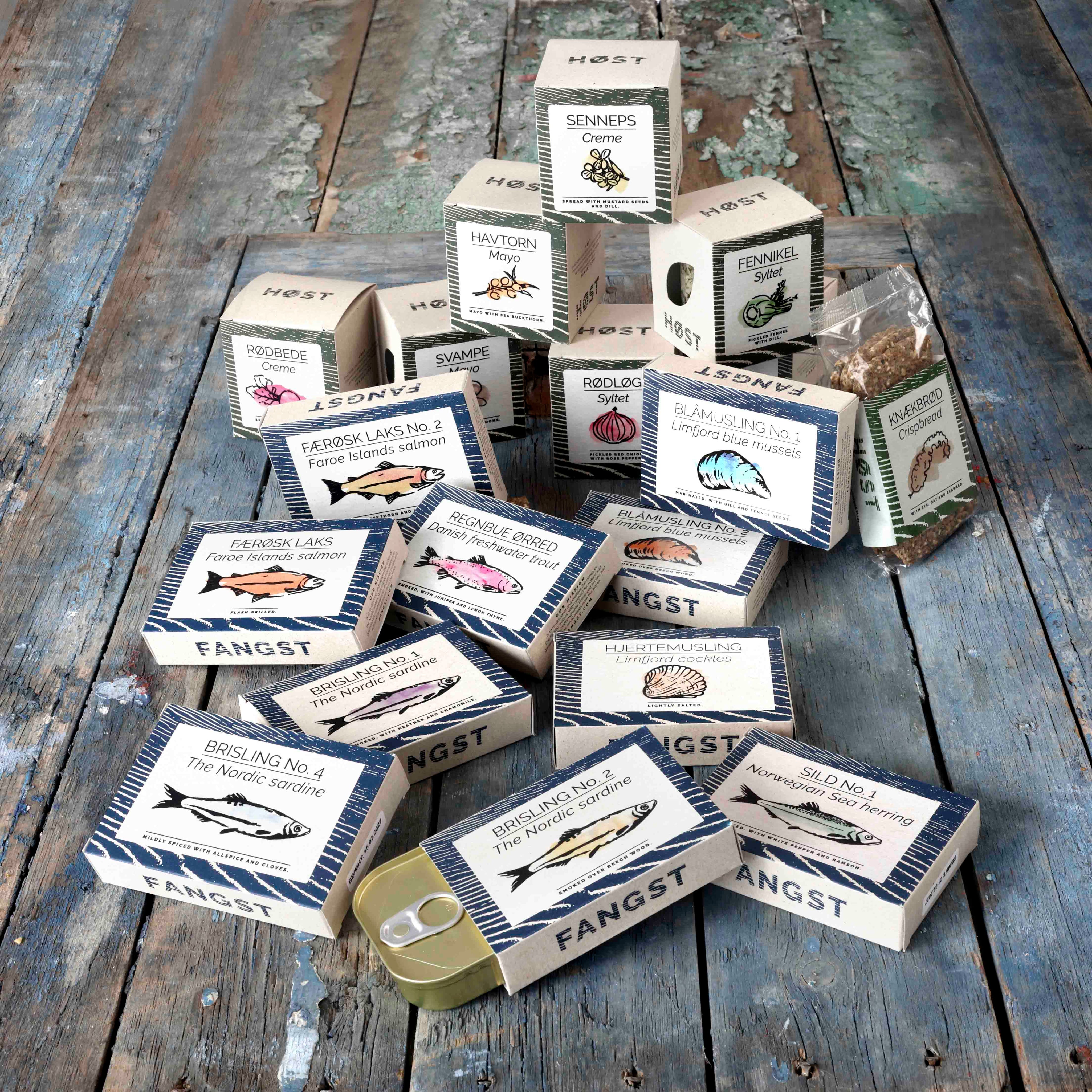* The certification of brisling (sprats) from the Baltic Sea has recently been suspended as the MSC organization is awaiting documentation to assess continued sustainable fishing. According to the latest information we have received, the renewal process is expected to be ended in 2025. We await the conclusions and in the mean time we continue sourcing from the same suppliers who confirm that there are no changes in their fishing practices compared to when the fishing was certified. Also, quotas for brisling have been reduced by 10%, and now by another 30% to avoid over-fishing.
If this species was not also used for fishmeal and animal feed, but instead for human consumption (as with our cans), a more balanced fishing could be achieved. In fact, calculations indicate that if the catch of brisling landed in Danish ports used for fishmeal and animal feed were instead used for human consumption directly, it could supply 1/3 of the protein need for the whole nation.
This would be a much more sustainable use of this fine fish, and we would potentially see less problems with pollution of the waters from the intensive animal farming. Therefore, we see it as our mission to keep promoting Brisling as the fine fish for human consumption it is.
There is no MSC certification for monkfish. However, according to the "WWF Fish Guide" the monkfish stock is considered relatively stable in Iceland, where our monkfish liver is canned.
** Except for the seaweed used in our crispbread. It is harvested at the Faroe Islands and there is no organic certification scheme available for this yet.







